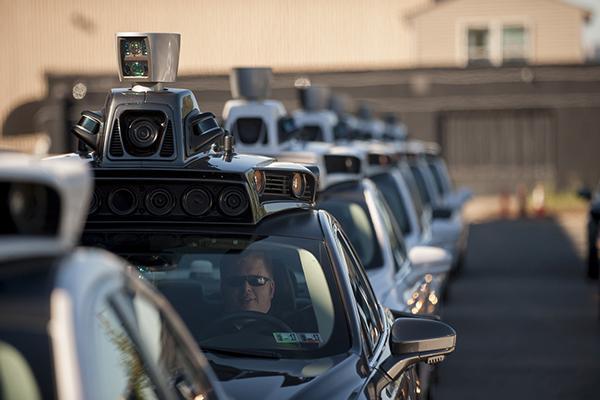US-based global ride-sharing platform Uber Technologies Inc. has resumed its self-driving programs following the suspension of the pilot program due to a crash in Arizona. The Uber car involved in the accident was in self-driving mode when the collision occurred. However, it has been established that it was human-driven vehicle that failed to yield that was the cause of the car accident.
In the immediate aftermath of the accident in Arizona, management at Uber take decisive action to suspend its self-driving pilot program which it operates in three cities. Nobody was injured in the crash - - but Uber suspended the programs in Tempe, San Francisco and Pittsburgh pending an investigation into the crash.
However, just three days after the incident, the company which has endured a series of setbacks in recent months indicated its confidence in its self-driving and autonomous technologies by announcing the programs would resume in all three cities - following a brief but thorough investigation in which it cleared its autonomous vehicles of any wrongdoing. A driver and engineer were the occupants of the Uber Volvo SUV at the time of the crash - the presence of both personnel are a standard requirement employed by Uber in relation to self-driving vehicles.
Police are expected to publish its report into the collision later this week, but have already confirmed that the Uber model involved was not at fault. There are no reported collisions involving Uber self-driving cars in Pittsburgh, where the company launched its first program in September, Pittsburgh police spokeswoman Sonya Toler said.
Experts in the industry of autonomous vehicle development have predicted crashes involving such cars will happen, but as autonomous technology improves, so will the safety of everyone on the road. A professor of mechanical engineering at Columbia University, Hod Lipson said, "Driverless cars keep getting better the more they drive, whereas humans have a roughly constant safety record over the years. In addition to this, the professor estimates that there are about 23,000 traffic fatalities per week globally." He added: "The idea that somehow a human driver makes the drive more secure is false comfort, and potentially dangerously misleading."
The San Francisco headquartered ride-hailing company has courted it fair share of controversy over its driverless care programs. In December, it was forced to move its car from San Francisco to Arizona following a tense standoff with the California Department of Motor Vehicles. The issue simmered following Uber's decision to not apply for the necessary and required permit to test autonomous vehicles on California's public roads. Uber's refusal resulted in the DMV revoking the registration of 16 Uber self-driving cars, much to the dismay and annoyance of the organizations management who believed they were entitled to special concessions.
Uber subsequently went through the application process and was awarded a permit earlier this month. However, it has faced a series of controversies and bad press in recent months. Waymo, the self-driving unit of Alphabet Inc. filed legal proceedings against Uber in which it accuses them of stealing designs for technology critical to autonomous cars known as Lidar. Uber has refuted the claims alleged by Waymo.

